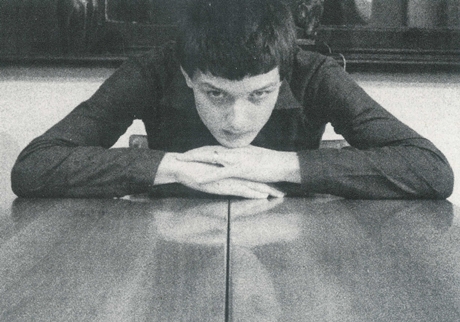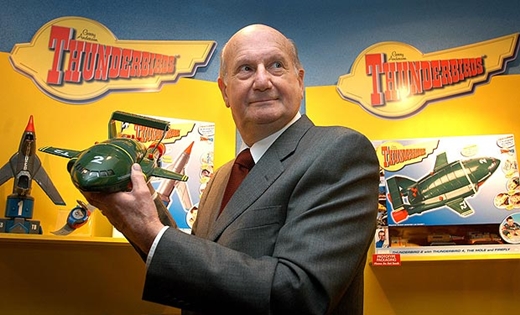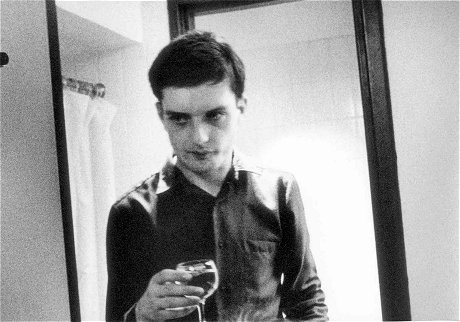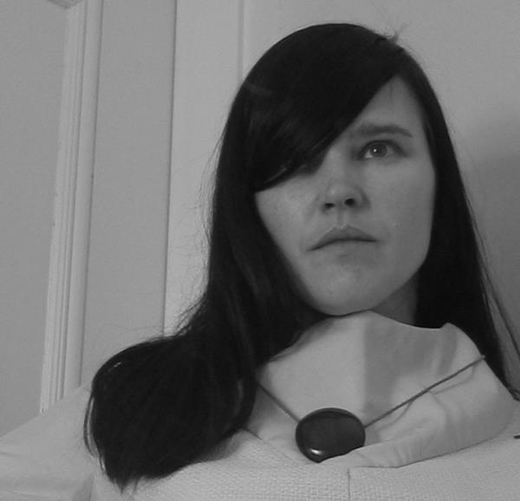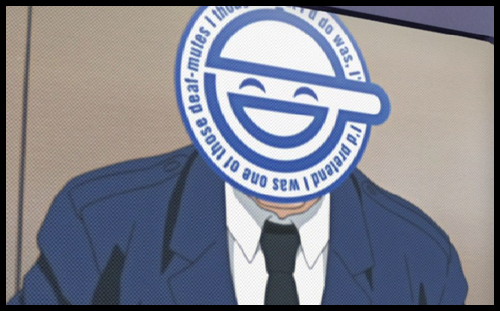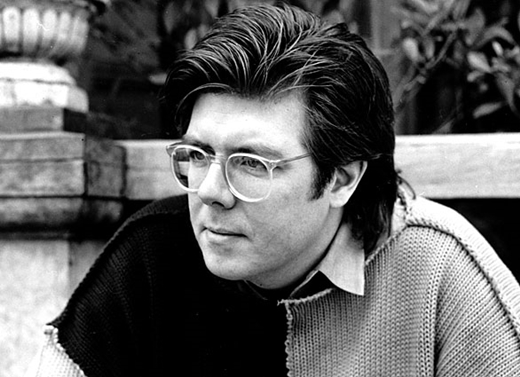Forever unbound
typed for your pleasure on 10 May 2014, at 11.53 amSdtrk: ‘Wow’ by Kate Bush
This post would be about a friend of mine and a fellow iDollator who you may have seen a number of times on ‘Shouting etc etc’ over the years; his name is Rob — online he used the pseudonym PBShelley — and his Synthetik partner was a RealDoll named Lily Godwin. Back on 30 March, he passed away quite unexpectedly, and I’d written this in a thread on Our Doll Community, an iDollator forum we’re members of. I’d held off on publishing it here, but reconsidered, as he would’ve turned 62 today.
Both Euchre and Ceej let me know what was going on via phone call and Email, respectively. That’s… that’s a mess.
I’d known Rob for almost a decade, and he always struck me as the quintessential artist/writer type — basically working on their craft to a single laser focus, and ignoring everything else. From the time I first met him and gorgeous Lily, he always spoke of Unbound, the story he had been working on for years, long before joining the iDollator community. It was really heartwarming to hear that he had finished it, cos working on a tale that extensive takes a lot of effort, and it was just great to see that he’d accomplished what he’d set out to do with it.
The problem was was when he had to move from his house in Washington state back to reduced accomodations in San Francisco, during the tail end of finishing his book. His flatmates weren’t as empathetic as they should’ve been, particularly when he couldn’t secure a supplemental income. From the Emails he’d sent me, I think a large part of his health deteriorating was due to stress from the people he lived with. One’s home should be a place to get away from the terrors of day-to-day living, and that wasn’t the case with Rob’s so-called friends.
When he told me Z-Dr was gracious enough to let him move in, that was fantastic news. He’d had a couple of burgeoning health issues develop before getting the move sorted, but he’d be able to relax, recharge his batteries, and hang out with a fellow iDollator besides. I also thought it’d be awesome, as I was fortunate enough to hang out with him in San Francisco in 2012, and was hoping to see him again this Summer for DolLApalooza 2014. Then back in mid-March, Rob let me know that he’d been diagnosed with cancer. He’d gotten down about it, understandably, but he didn’t let it keep him down. If his spirits were flagging, he didn’t want to bring everyone else down by going on about his health. He had correspondence and multiple anime shows that he had to catch up on, after all! Unfortunately, it seems that cancer doesn’t give a shit about what we as people have to do with our lives.
Saying that Rob was a kind, creative, cheerful, and unique person is one of those tip-of-the-iceberg descriptions. For those of us who were fortunate to have known him, it’s going to be strange not being able to hear from him again. However, he’ll be able to spend time with the spirit of Lily Godwin, his Doll and muse for Unbound, as much as he likes
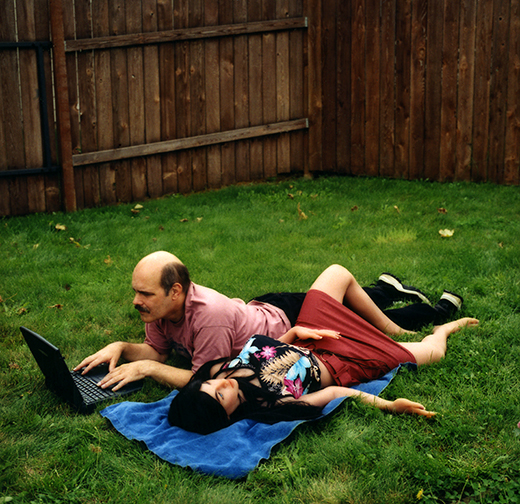
image © 2004, by Elena Dorfman
Random similar posts, for more timewasting:
18 May 1980 on May 18th, 2006
18 May 1980 on May 18th, 2009












